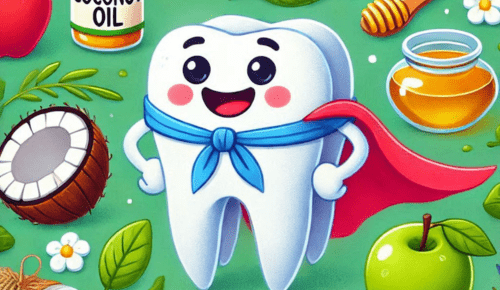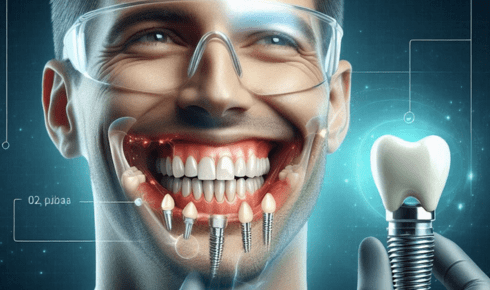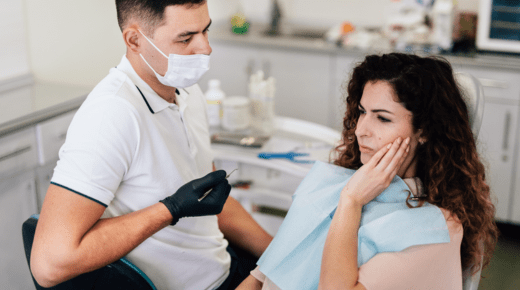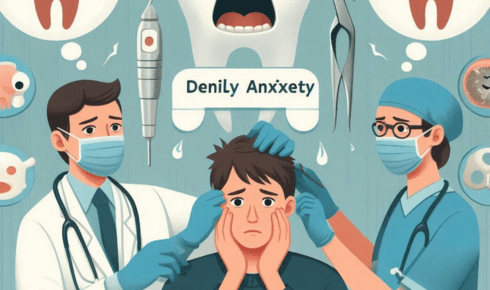Recently, people have been looking at natural alternatives to fix their imperfections or problems. Instead of directly relying on medical treatments, people want to try natural methods first. Some people wonder whether they can treat their cavities naturally without dental fillings. The idea of fixing cavities naturally sounds great because it would cost much less and be convenient.
People might try various methods, such as eating better foods, adopting a better oral hygiene routine, and using supplements. However, it is important to consider whether these are even effective. While some say that trying natural remedies has helped them, dentists do not recommend unprofessional care for a cavity.
Cavities are not likely to get better without professional intervention. It is best to speak to a dentist in a Powell, TN dental office for expert advice.
Is it possible to heal cavities naturally?
Yes, it is possible to heal cavities naturally in the early stages of your decay. This is done through a process called remineralization. Enamel, the outer layer of your teeth, can repair itself if the damage is not too severe.
Remineralization happens when minerals like calcium and phosphate, often from saliva or toothpaste, are redeposited into your enamel.
Some factors support this such as good oral hygiene, good diet, and fluoride. A diet that is rich in calcium and vitamin D makes your teeth stronger; however, fluoride in toothpaste or water can improve enamel’s ability to resist decay.
How can you promote remineralization naturally?
- Nutrient-rich diet.
If you want to make sure that the remineralization process happens naturally, it is very important to maintain a healthy and rich diet. Foods high in calcium, vitamin D, and phosphorus make your enamel strong and help it rebuild.
Dairy products like milk, cheese, and yogurt, along with leafy greens, almonds, and fish, are great sources of these nutrients. Vitamin D, which is found in sunlight and certain foods like fatty fish, is also important as it helps your body to absorb calcium.
- Oil pulling.
Oil pulling is another natural method that may support remineralization. For this process, take some coconut or sesame oil and swish it in your mouth for about 15-20 minutes.
It reduces bacteria growth, improves your oral health, and supports enamel remineralization by kicking the harmful substances that may slow down the process.
- Fluoride use.
Fluoride plays a very important role in making your tooth enamel strong. Fluoride can be found in many toothpaste brands and drinking water. It protects your enamel from acid attack and promotes the remineralization of weakened areas in the enamel.
- Avoiding sugary and acidic foods.
Avoiding sugary and acidic foods is also important to promote the remineralization process. Sugary and acidic foods can damage your enamel and lead to tooth decay.
These items feed the harmful bacteria in your mouth, which produce acids that damage the enamel. Therefore, it is very important to stay away from sweet and acidic items.
Knowing when fillings are necessary
Once your cavity reaches a certain stage, you might need to undergo some dental procedures. If the decay has advanced beyond the early stages of enamel damage, the enamel cannot heal itself. Now, at this point, the decay can spread deeper into your tooth, and affect the dentin. This can result in pain or even infection.
If a cavity is large or causing you discomfort, it may require a filling to restore the tooth’s structure and function. A dentist will first clean out the decayed part of your tooth. After that, they will fill it with a material like silver or composite resin to prevent further damage and protect your tooth from infection.
Protect your teeth with professional care!
While some natural methods may help prevent further damage, cavities often need professional attention. Schedule your dental appointment today.





